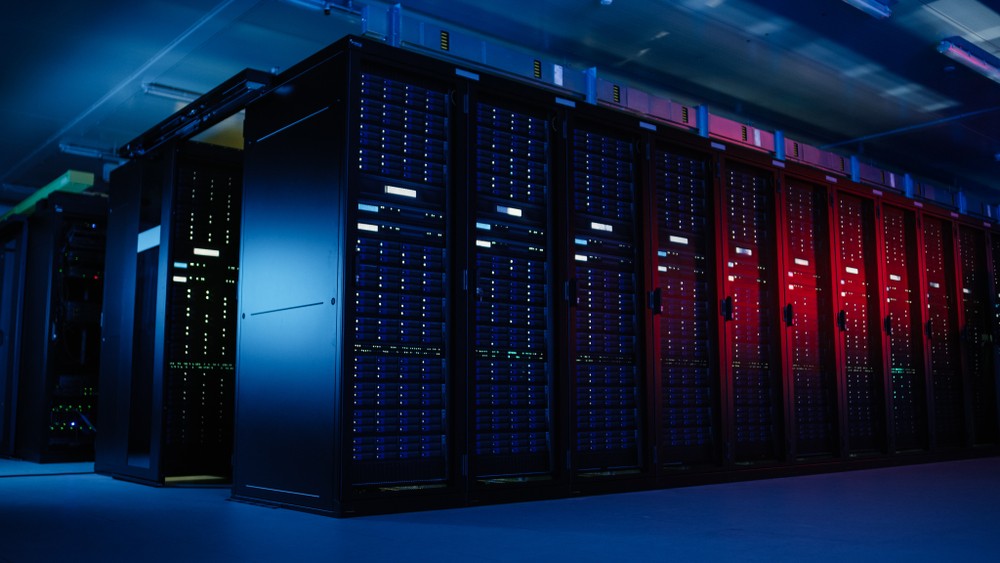The value of scope emissions reporting is its ability to not only compare like for like, but also to measure, monitor and reduce emissions, reports a new white paper published today by the EUDCA Technical Committee.
Entitled “Scope Emissions White Paper,” the new paper explains the relevance of scope emissions reporting, the origins of the term, and the relevant standards. Furthermore, the paper provides an overview of how Scope emissions tracking can benefit a business, examines two reporting profiles within the tech industry, and finally takes a look at the relationship between Scope Emissions reporting and Whole Life Carbon Assessments (WLCAs).
Accurate reporting of Scope 1, 2 and 3 emissions provides transparency on an organisations year on year emissions. They are a vital step in enabling companies to assess and evaluate their current emissions and identify strategic areas for improvement.
Andrew Harrison, Chair of the EUDCA Technical Committee highlights: “Many companies are already reporting on their Scope 1 & 2 emissions and their sustainability efforts are becoming a part of the public record. While Scope 3 reporting is currently voluntary, it is not unlikely it will become mandatory, as sectors including the data centre industry are increasingly regulated. Our ‘Scope Emissions White Paper’, setting out standards in the GHG Protocol as well as providing some useful examples of tech company reporting as a starting point for concerned businesses.”
He continues, “Regulation is not only something we have anticipated but also something to be welcomed. It not only makes transparent the strident measures being taken in the data centre industry to abate its carbon impact but also creates a competitive advantage for those demonstrating greater sustainability throughout the facility lifecycle. Ours is an industry which has been living by a mantra of monitoring and measurement to deliver improvement for nearly two decades. It is well set to help deliver 2050 goals through increased digitalisation and decarbonisation of ageing processes in the industrial, commercial and residential sectors.”
Authored by Jack Cook, David Davies of Arup, and peer-reviewed by the EUDCA Technical Committee, copies of “Scope Emissions White Paper”, can be obtained by visiting:
https://www.eudca.org/scope-emissions-white-paper-resource




